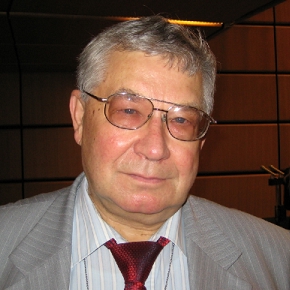 |
||
|
South Korea Running Out of Storage Facilities for Nuclear Waste RIA Novosti, PUBLISHED 14.10.2014 According to Korea Hydro and Nuclear Power Co Ltd, which operates large nuclear and hydroelectric power plants, the country’s 23 reactors produce 750 metric tons of spent fuel every year. It has already filled 71% of its 13,300 metric ton wet and dry storage capacity. The company’s estimates predict that the storage facilities could be completely full by 2021, with some pools to reach the full capacity already being used by the end of 2016. So-called pyroprocessing technology might be a long-term solution. The United States and South Korea are currently working together to develop the technology to produce nuclear energy without separating plutonium, meaning any waste would be burnt away in special reactors. But it is still a distant prospect with a technological feasibility study to be completed only by 2020. Topics: Spent Fuel, Asia, South Korea Other news: Rosenergoatom: Ukraine Fully and Timely Delivers Equipment for Russian Nuclear Plants For us, products made by Ukrainian manufacturers are very important. Finnish Government Approves Rosatom Nuclear Reactor Project Ten ministers voted in favor of granting the application, while seven ministers voted against. Prime Minister: Finland to Continue Nuclear Cooperation With Russia Despite Sanctions If we look at Rosatom's activities, there have been no problems whatsoever. |
Hero of the day 
The ISTC Responsible Science Program and Subprogram Culture of Nuclear Nonproliferation The dual-use nature of nuclear technology consisting in the potential for its application equally in peaceful and military sphere is the basic contradiction for the existing nuclear nonproliferation regime and comprehensive development of the nuclear power and nuclear fuel cycle. INTERVIEW
Jerry Hopwood OPINION
Joint Plan of Action |

